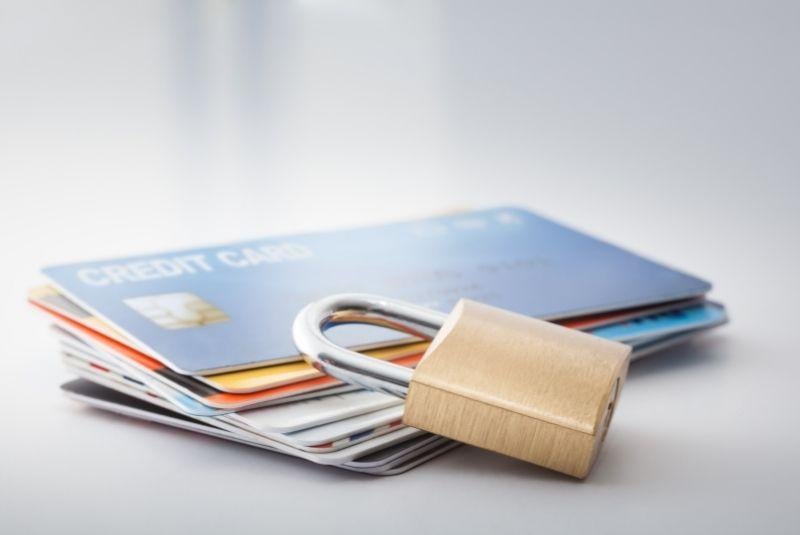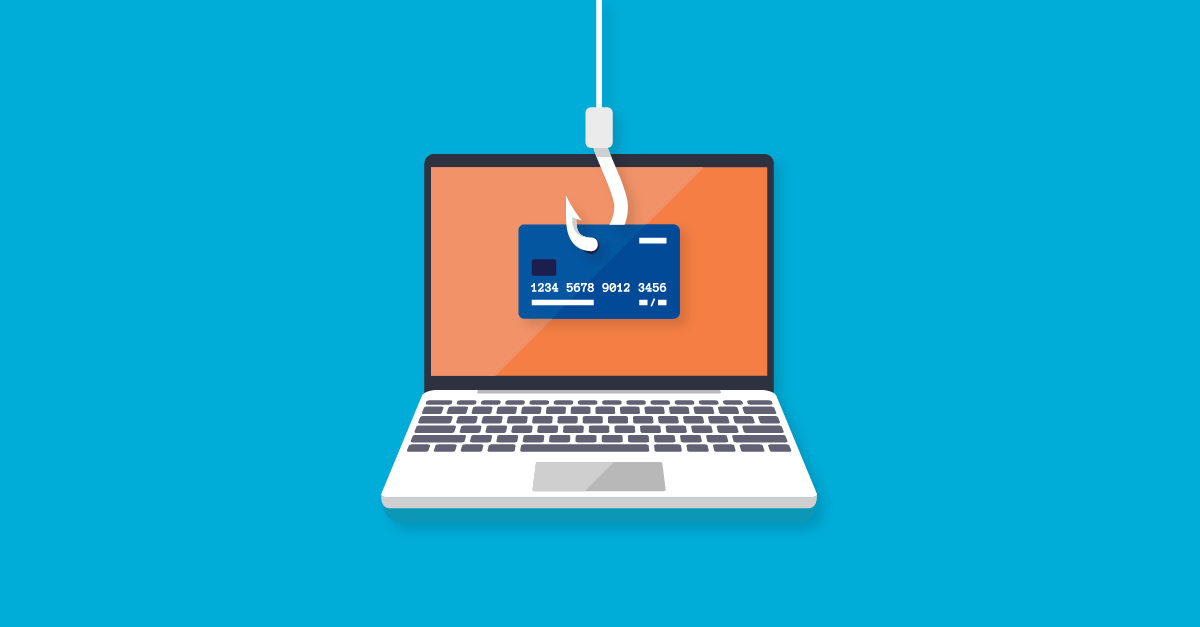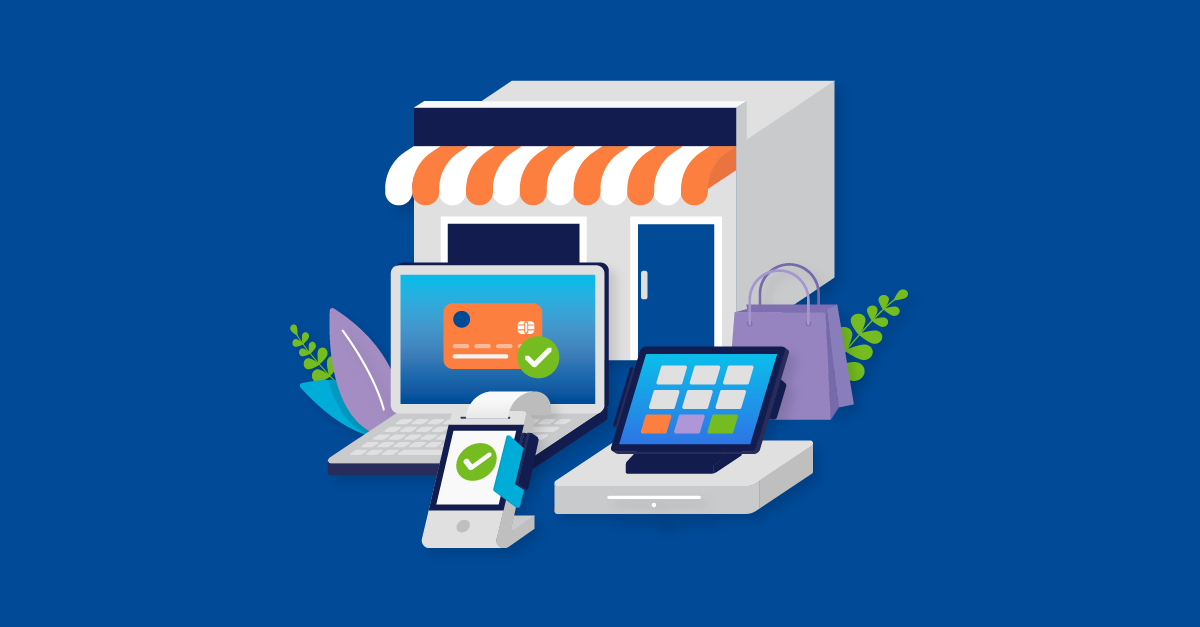Have you ever been tempted to use the phrase, “that sounds too good to be true”?
Most people, especially business owners, find themselves using this common adage frequently. And not without good reason.
The unfortunate reality is, most out-of-this-world amazing deals come with unpleasant hidden secrets. Secrets that often go undiscovered until it’s too late. Scammers will try to steal money and sensitive information from any person or business, which means everyone is at risk.
Key Takeaways You Will Get From This Article
1. Always ask for an itemized list of pricing and fee percentages, read your merchant agreement before signing, and thoroughly check your merchant statement when it arrives.
2. Be wary of companies that advertise on social media and through search engines but do not have an established reputation.
3. Never sign a new contract or submit paperwork without first reviewing it carefully!
4. Always do your research. Look for the provider’s website, customer reviews, and profiles with reputable sources like the Better Business Bureau. If you can’t find any such online presence, you may have discovered a scammer!
We know the threat of falling victim to a scam is frightening, but don’t head for the hills just yet!
To shift from victim to hero, all you have to do is recognize that someone is trying to scam you.
In this post, we’ll explore some of the most common merchant services scams, so you know how to identify and avoid them.
Common Merchant Services Scams
- The Hidden Fee Scam
- The Sales Call Scam
- The Fraudulent Merchant Scam
- The Identity Theft Scam
- The Backdoor Merchant Services Scam
The Hidden Fee Scam

This is the most common merchant services scam your business could come across. As its name suggests, the hidden fee scam involves false or misleading pricing information.
In this scam, a provider will quote your business an impressively reasonable rate for their services. Once you’ve signed up and started processing, the provider will start adding hidden fees or charges to your account that were not previously disclosed.
Many victims of this type of scam don’t realize they are being hit with extra fees for several weeks, months, or sometimes even longer. If you’re not careful, you might be locked into a lengthy contract or at risk for hefty cancellation fees by the time you catch on to the scam.
Either way, the provider makes a fortune and you’re stuck paying for something you never wanted.
Here are a few tips to help you avoid falling victim to the hidden fees scam:
- Always ask for an itemized list of pricing and fee percentages when considering a merchant services provider.
- Read your Merchant Agreement very carefully before signing. If your business has legal representation, ask your attorney to review the agreement as well.
- When your Merchant Statement (or Credit Card Processing Statement) arrives, read it over thoroughly and make sure you understand each line item. If you need help deciphering something, reach out to your provider.
The Sales Call Scam
This scam involves a phone call from a person claiming that your merchant account rates have increased and if you do not respond, it will be assumed that you accept the increases.
Often this call will be a voicemail left after business hours or will bypass your phone system and be delivered directly to voicemail.
A call like this is intended to scare you into responding. However, the caller will usually neglect to leave the name of the company they are representing. It’s likely that they don’t even know what provider you are working with, they just want to get you to respond to have a chance at stealing your money and/or sensitive information.
The scammer may try several different tactics to get you to call them or disclose sensitive information. Here’s what to do if you think you’re dealing with a sales call scammer:
- Push for the caller to tell you their company name. Just because they claim to be from “your processor” doesn’t mean they actually are!
- Call your processor directly to see if the voicemail or call you received was legitimate.
- Never sign a new contract or submit paperwork without first reviewing it carefully!
The Fraudulent Merchant Scam
Another scam to watch for when researching new providers is the fraudulent merchant scam. This is not as common as the hidden fees scam, but it is still a threat to businesses and livelihoods.
When running this scam, an individual or group will craftily develop a fraudulent “company” that looks like a legitimate merchant services provider. They’ll usually draw your unsuspecting businesses in with an online ad for free or incredibly inexpensive merchant services.
The deal sounds too good to be true, so you fill out a short online form to get more information. The phony provider will then reach out to you with a high up-front cost disguised as an initial deposit fee. Once you pay this fee, the “provider” disappears with your hard-earned money.
Keep that money where it belongs! Here are some tips for avoiding the fraudulent merchant scam:
- Always do your research. Look for the provider’s website, customer reviews, and profiles with reputable sources like the Better Business Bureau. If you can’t find any such online presence, you may have discovered a scammer!
- Be wary of companies that advertise on social media and through search engines but do not have an established reputation. Trust your instincts. If something seems off, it probably is.
- If the provider’s website is hosted on a subdomain (i.e. wordpress.com/merchantprovider), it is most likely a scam.
The Identity Theft Scam
Identity theft scams are similar to fraudulent merchant scams, but the fraudster isn’t only after your money. They’re after your sensitive, personal information.
In this type of scam, a scammer will once again craftily develop a fraudulent “company” that looks like a legitimate merchant services provider. They’ll also try to draw you in with an online ad for free or incredibly inexpensive merchant services.
When you sign up with the phony provider, they’ll ask you to set up an account which requires providing information like credit card numbers, bank account numbers, and other sensitive data. By the time you realize you’ve been hoodwinked into giving away your identity, the fraudster will be long gone.
Here are some tips to help you protect your identity and avoid getting tangled up in an identity theft scam:
- Always do your research. Look for the provider’s website, customer reviews, and profiles with reputable sources like the Better Business Bureau. If you can’t find any such online presence, you may have discovered a scammer!
- Be wary of companies that advertise on social media and through search engines but do not have an established reputation. Trust your instincts. If something seems off, it probably is.
- Find out what banks the provider claims to do business with and contact those banks to confirm that the provider is legitimate.
The Backdoor Merchant Services Scam
This scam is the least common, but the most threatening. If your online business is the victim of a backdoor scam, the livelihood of you and your entire customer base could be at risk.
In a backdoor merchant services scam, a hacker edits the source code of your payment gateway to allow third-party access (a.k.a. the backdoor). Once your gateway has been compromised, the hacker can access your customers’ confidential card information, redirect payments to an unauthorized account, and even potentially access your financial information.
Depending on the security measures you have in place, your business could be liable for any compromised or stolen customer card information.
The good news is that today’s payment gateways are highly advanced. It would take a professional hacker to compromise your gateway. However, these scams do still happen and can cause irreparable damage to any business.
Here are a few ways you can protect your business and customers from a backdoor scam:
- Make sure the merchant services provider you choose is PCI-Certified and requires their customers to maintain PCI compliance.
- Choose a provider who offers chargeback monitoring and assistance as an added security measure.
- Make sure your website is protected by a security service that performs regular scans for malware or vulnerabilities that could compromise your business.
I’ve Been Scammed! What Do I Do?

If you’ve fallen victim to one of the scams we’ve outlined here or another one we haven’t mentioned, here are some steps you can take:
- Contact your merchant services provider right away if the scam involves sensitive customer information.
- If you’ve fallen for a phony provider, cancel any credit or debit cards associated with the account.
- Inform your local consumer affairs office of the scam and find out what your options are.
- If your business has legal counsel, alert your attorney to the issue.
Unfortunately, deception happens all the time, across all industries. But we know that the best defense against security breaches and fraud is knowledge.
Educate yourself and your team on security best practices to keep your business and your customers safe. Always do your research, read the fine print, and ask plenty of questions before signing any agreement or sharing sensitive information!
Sources: QPay, CardFellow




